D1 Visa vs D3 Visa in Portugal: Documents and Requirements

- Remove the current class from the content27_link item as Webflows native current state will automatically be applied.
- To add interactions which automatically expand and collapse sections in the table of contents select the content27_h-trigger element, add an element trigger and select Mouse click (tap)
- For the 1st click select the custom animation Content 27 table of contents [Expand] and for the 2nd click select the custom animation Content 27 table of contents [Collapse].
- In the Trigger Settings, deselect all checkboxes other than Desktop and above. This disables the interaction on tablet and below to prevent bugs when scrolling.
For expats working in Portugal—or those planning to relocate—the right visa can make all the difference. Currently, Portugal offers two distinct residence options for foreign workers: the D1 Visa for general employment contracts and the D3 Visa for highly qualified roles.
The following guide outlines the key differences between these two visas, detailing the application process, required documentation, employer responsibilities, and processing timelines, but also how the D3 Visa may serve as a gateway to the European Union’s Blue Card Network, a work and residence permit for non-EU/EEA nationals that grants additional benefits within the EU.
What is the difference between a D1 and a D3 Visa in Portugal?
The D1 Visa is designed for individuals who have secured a standard job contract with a Portuguese employer. It’s open to most professions, as long as the employer can justify the hire based on local labor needs.
The D3 Visa, on the other hand, is tailored for highly qualified professionals, including engineers, IT specialists, academics, and researchers. In many cases, the D3 can also lead to the aforementioned Blue Card.
How to apply for a D1 Visa?
Applying for a D1 Visa involves:
- Securing a job offer from a Portuguese employer.
- Preparing documentation:
- Signed employment contract.
- Proof of accommodation in Portugal.
- Criminal record certificate from the country of residence.
- Copy of passport.
- Motivation letter.
- Health insurance.
- Social security registration (usually handled by the employer).
- Submitting the application to the Portuguese consulate or via the E-Visa portal, if available.
- Booking a residence permit appointment with AIMA (Agência para a Integração, Migrações e Asilo), the authority now responsible for immigration procedures in Portugal.
Processing time typically ranges from 60 to 90 days.
How much is a D1 Visa in Portugal?
The standard application fee is between €90 and €120. Additional costs may include notarized translations, health insurance, and certification of official documents.

How to apply for a D3 Visa?
The process for a D3 Visa in Portugal includes:
- Receiving an offer or agreement for a highly skilled position, such as IT, engineering, or research.
- Submitting documentation, including:
- Work contract or research agreement.
- Diplomas or academic certificates.
- Detailed CV.
- Justification for the job’s qualification level.
- Proof of accommodation, background check, and health insurance.
- Applying through the consulate or via online platforms, where available.
Once approved, the applicant travels to Portugal and completes the residence permit process through AIMA.
How much is a D3 Visa in Portugal?
The application fee also ranges from €90 to €120. The real value of the D3 Visa lies in the fast-tracked residency and access to the Blue Card Network.
What is a Blue Card?
The Blue Card is an EU-wide residence permit that allows highly skilled non-EU nationals to live and work in participating countries. Portugal is part of the Blue Card Network, making it a powerful incentive for talent entering via the D3 route.
What are the Blue Card requirements?
To meet Blue Card eligibility in Portugal, one needs to:
- Hold a recognized university degree or at least five years of relevant experience.
- Have an employment contract in a highly skilled role.
- Earn a salary that is at least one-and-a-half times the national average.
The Blue Card offers easier mobility within the EU, quicker access to permanent residence, and simplified family reunification.
Employer Obligations
Portuguese employers sponsoring a Portugal work permit visa must:
- Provide a valid employment contract in line with Portuguese labor law.
- Register the worker with Social Security.
- Comply with tax and reporting obligations.
- Justify the hire, particularly for D1 roles, based on local labor shortages.
For D3 visa cases, employers also need to verify and document the highly skilled nature of the position.
Required Documents and Timeline
For both visas, applicants generally need:
- Valid passport.
- Job contract or professional agreement.
- A valid background check.
- Health insurance.
- Proof of accommodation.
- Academic credentials (for D3).
- CV and cover letter.
Timeline:
- Application review: 60–90 days.
- AIMA residence permit appointment: additional 30–60 days post-arrival.
D1 Visa vs D3 Visa: Which Work Visa Is Best for You?
Deciding between the D1 Visa and the D3 Visa requires careful consideration of the job's nature and the applicant’s qualifications. The D1 is designed for standard employment contracts, while the D3 is designed for highly skilled professionals, providing access to long-term EU benefits such as the Blue Card.
Beyond the paperwork, there are tax, legal, and compliance considerations that should not be overlooked. For professionals relocating to Portugal or employers hiring from abroad, partnering with an experienced team of tax and financial advisors can streamline the process and ensure full compliance from the get-go.
At Tytle, we provide global tax services, including:
- Accounting/bookkeeping
- Accurate tax filing
- Estate planning
- Cross-border advice
- Immigration services
- And much more!
For more international tax advice, feel free to explore: “Portugal Golden Visa: Investment, Residency, EU Citizenship” and “D7 Visa in Portugal: Residency for Passive Income Earners”
See our latest articles
Get affordable tax help in Portugal now!


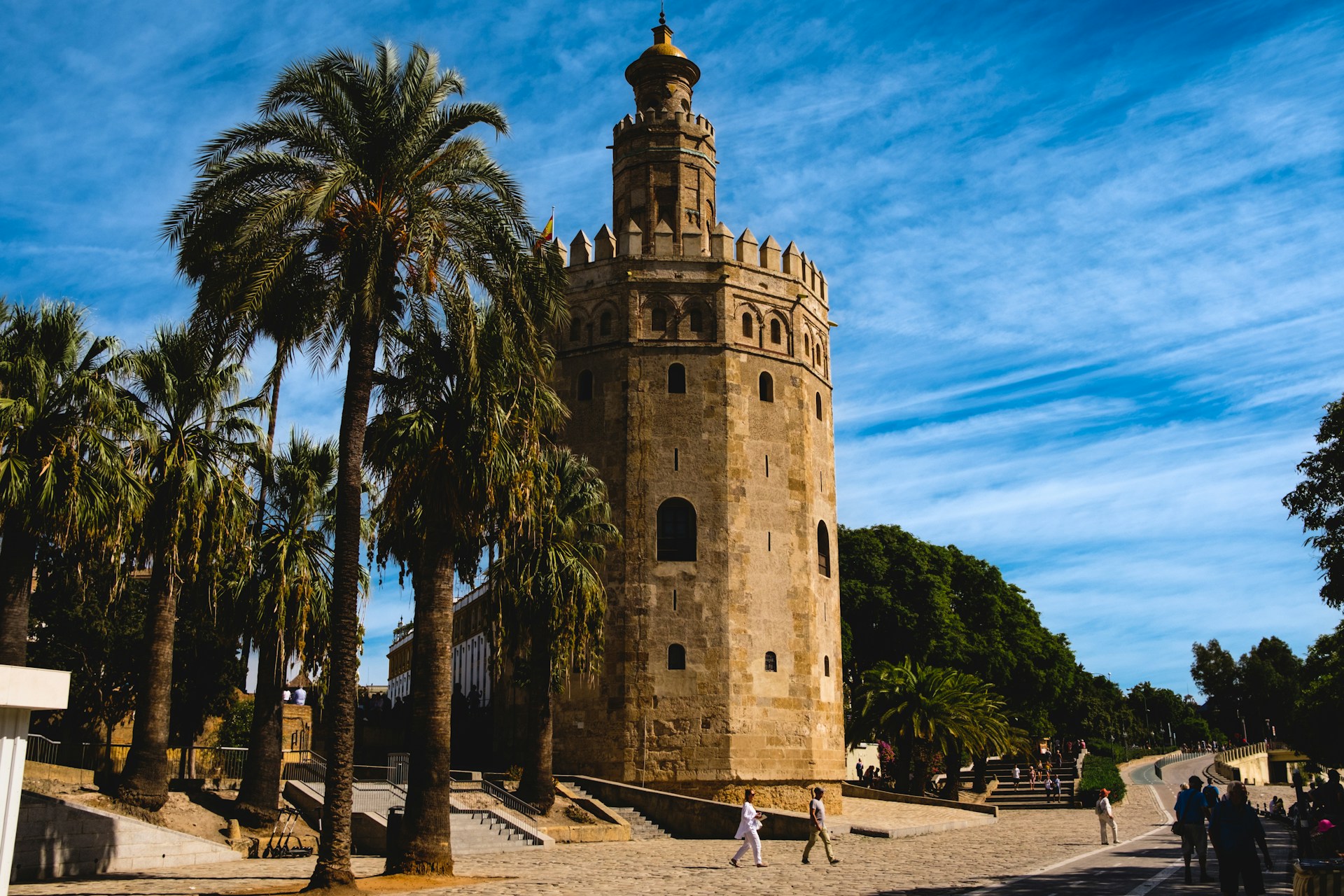
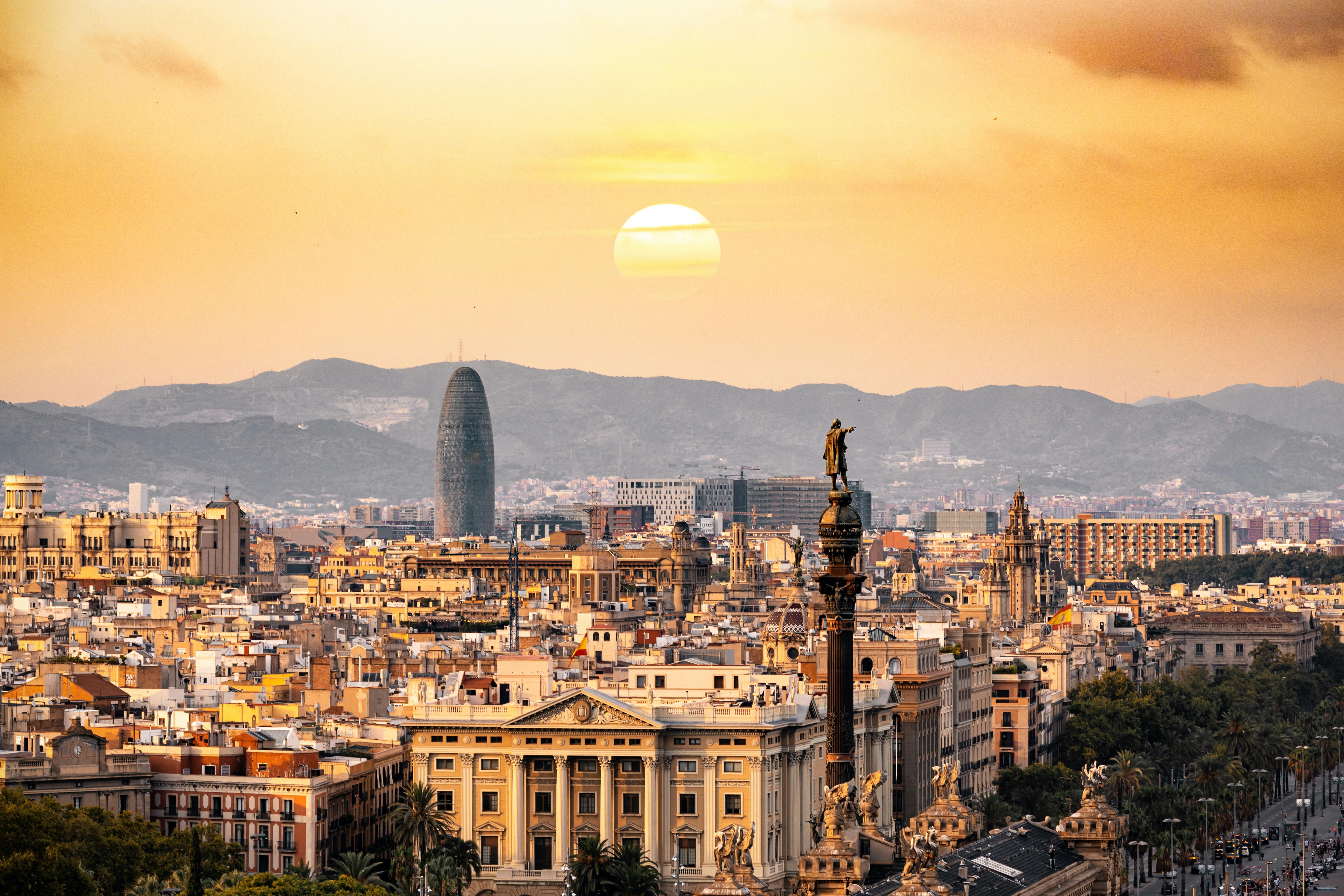

.png)
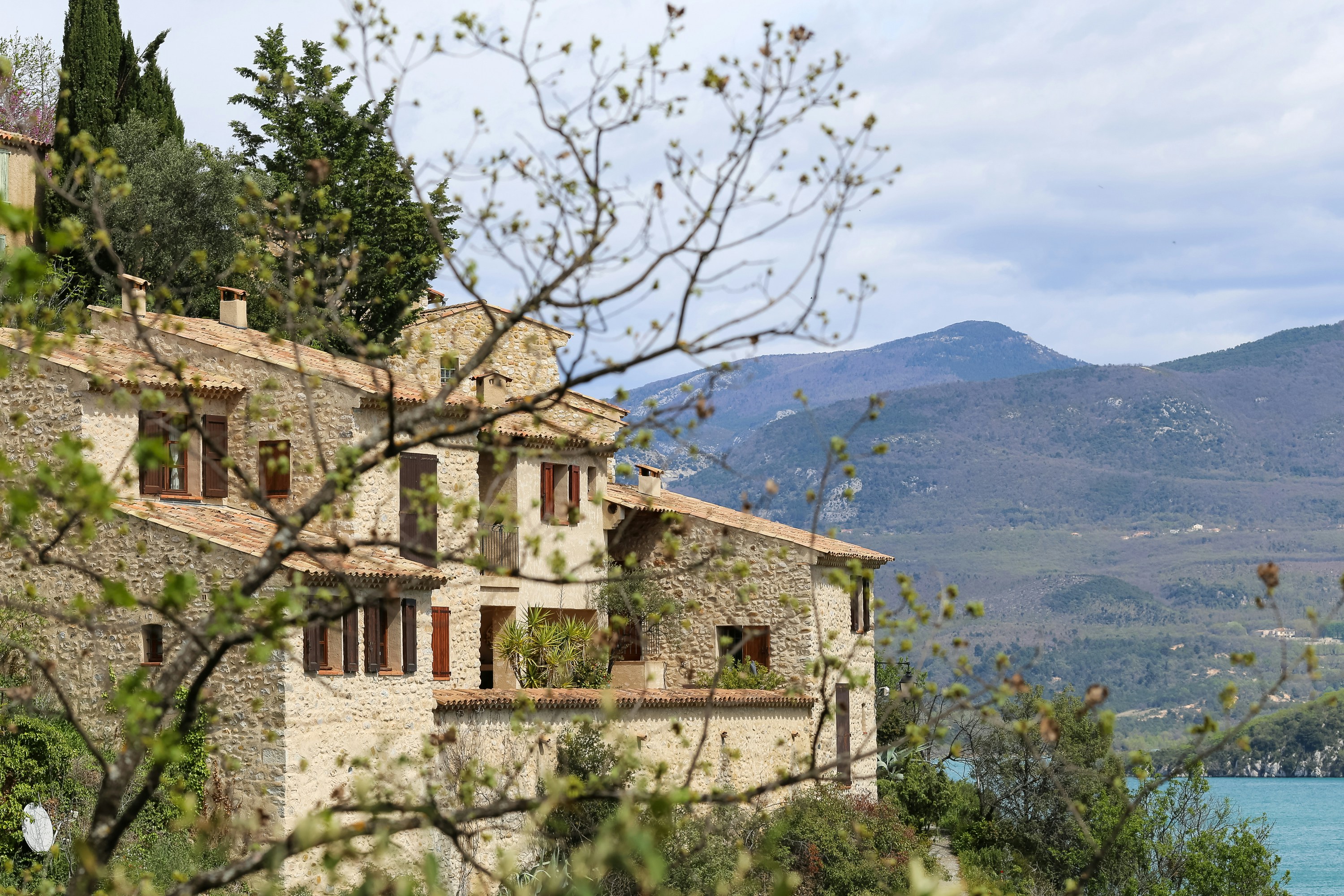

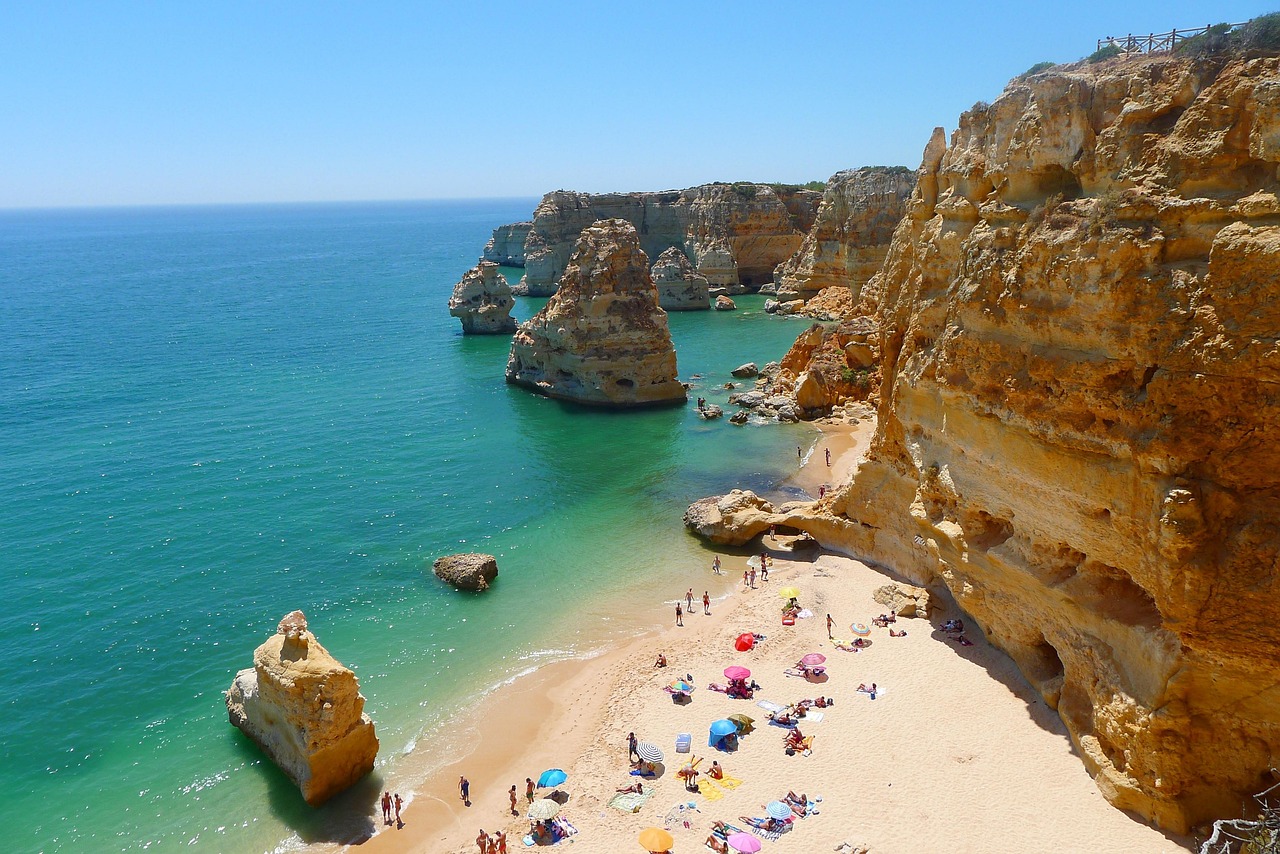
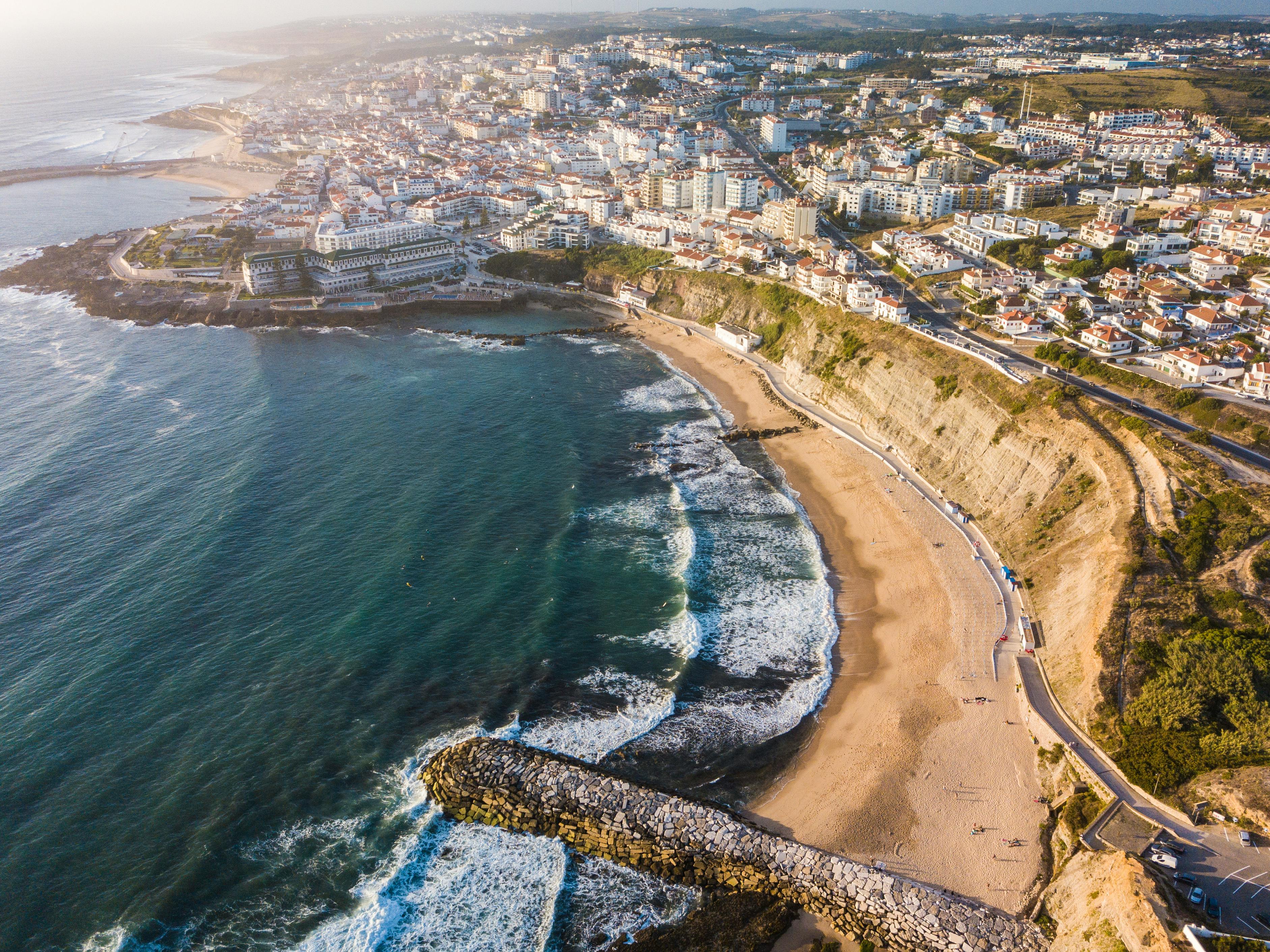
















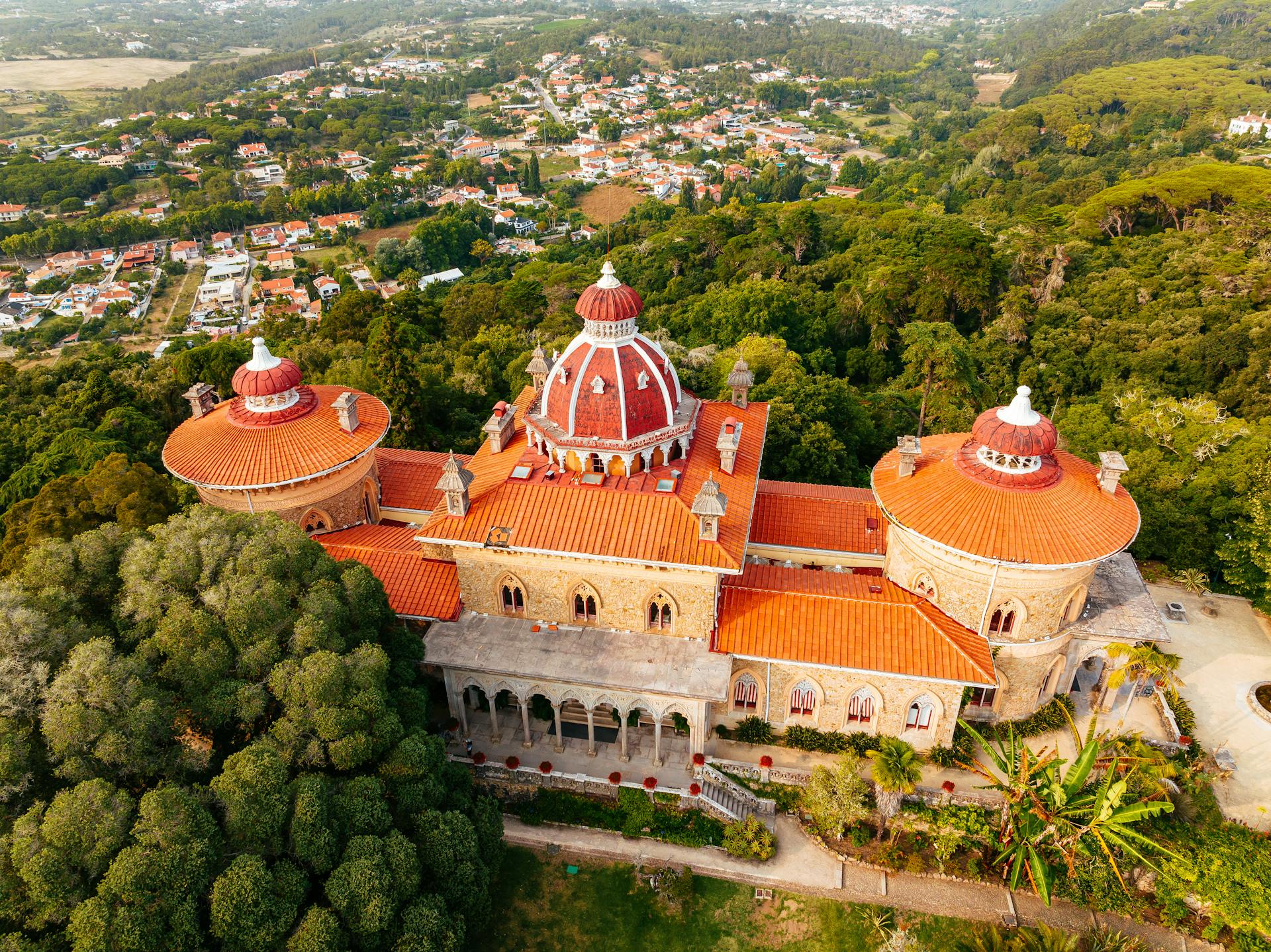



.webp)
.webp)



.webp)
.webp)

.webp)


.webp)





